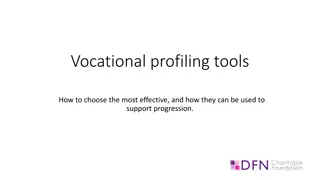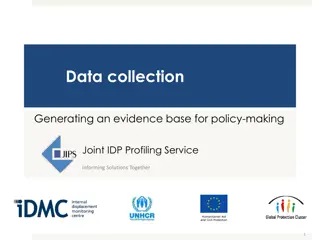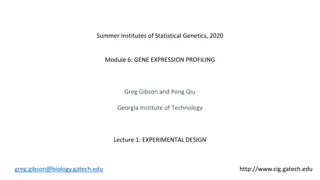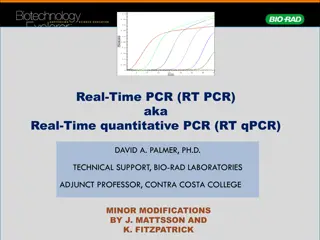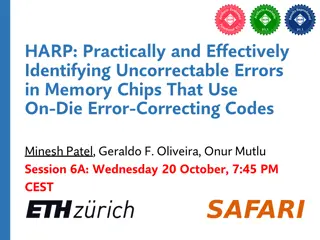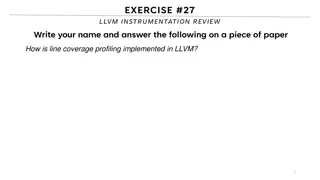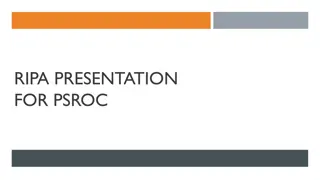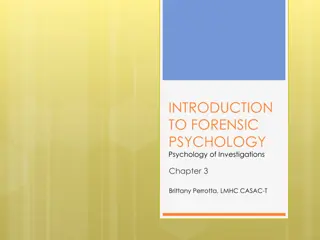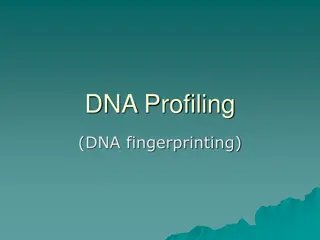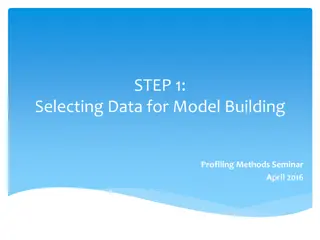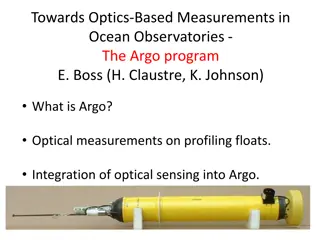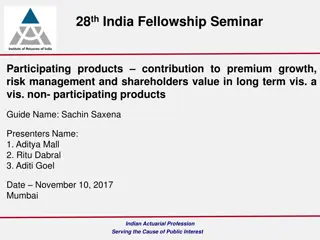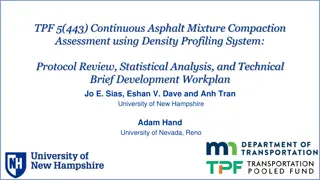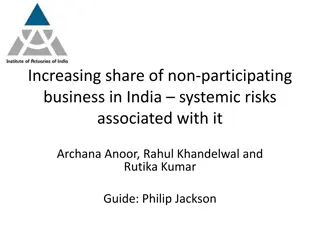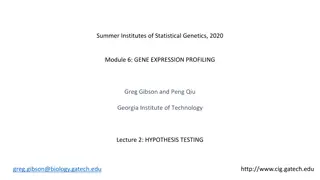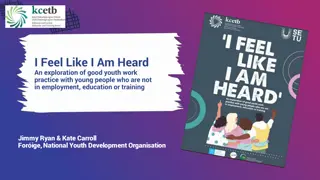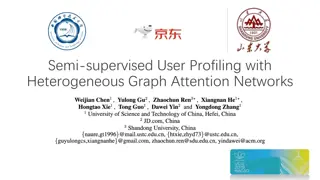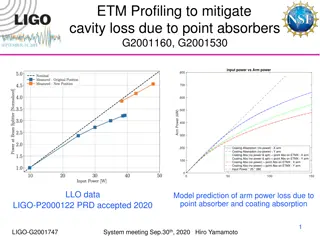
Effective Practices Supporting NEETs in Education
Discover the profiling and support policies for NEETs in the PLYA project, addressing the diverse needs of low-educated individuals aged 15-29. Explore the effectiveness of personalized assessments, project-based learning, and career planning in empowering these students. Learn about the pillars of effective practice, including life-based learning environments and intersectoral collaboration, all guided by trained mentors.
Download Presentation

Please find below an Image/Link to download the presentation.
The content on the website is provided AS IS for your information and personal use only. It may not be sold, licensed, or shared on other websites without obtaining consent from the author. If you encounter any issues during the download, it is possible that the publisher has removed the file from their server.
You are allowed to download the files provided on this website for personal or commercial use, subject to the condition that they are used lawfully. All files are the property of their respective owners.
The content on the website is provided AS IS for your information and personal use only. It may not be sold, licensed, or shared on other websites without obtaining consent from the author.
E N D
Presentation Transcript
SLIDE 1 Profiling of NEETs participating in the PLYA project No one left behind: policies in support of NEETs Natalija alec, Slovenian Institute for Adult Education 27.5.2025
SLIDE 2 Who are the participants? Basic definition: - low-educated NEETs aged 15 to 29 - students at risk of dropping out of school, vocational training, aged 15 to 19. BUT Individuals differ significantly in terms of their needs based on their current situation. The profiling aims to identify and address students strengths on the one hand and a complex range of obstacles and threats faced by students on the other. These are: socio-emotional challenges, physical and mental health issues, economic vulnerabilities, immigrant backgrounds, and risky life patterns etc.
SLIDE 3 WHY IS this practice effective? The primary intention is to help students to flourish i.e. individually and in/with the program s group; to joy the life, to participate, raise questions (the stress is put on the social-emotional competences) The personalized assessment carried out by trained mentor s group. Students are facilitated to investigate their unique strengths and needs. Project-based learning as an innovative, unique and real-life problem-based learning. Encourage the participants' creativity, to make learning and education meaningful. Strengthen and expand social networks with experts in different fields and peers/new friends. Many opportunities for the participants to step out of anonymity and present themselves to the environment.
SLIDE 4 IMPROVEMENTS: BELEIF IN SELF; BELEIF IN OTHERS; EMOTIONAL REGULATION; ENGAGED LEARNING/LEAVING Needs (obstacles) Personal strengths & interests No one is out of Strengths unless he/she is dead
SLIDE 5 Personal career /learnig plan is created in consultation with the mentor not long after the student joins the programme; Its implementation is also monitored and supplemented in cooperation with mentors and the extended professional team and in line with opportunities or challenges that arise in his/her life
SLIDE 6 4 Pillars of Effective Practice in PLYA (PUM- O+) Innovative & Flexible, Life- based Learning Environment Intersectoral collaboration = Extended expert team (mentor as a student s responsible and respectful ally) Personal Career & Learning Plan Supportive Group Dynamic
SLIDE 7 Trained Mentors Group (Provided by SIAE) Basic training for mentors 92 to 96 hours (theory + practice) In service training anual 32 hours (actualties, mentor s needs) Annual conferences of stakeholders (results and patterns from annual reports, needs of providers, actualities )
SLIDE 8 Intersectoral (extended) team support the knowledge on NEETs What politics has divided into sectors functions as a complex and interconnected whole in people's lives. Young people often do not find their way to the sources of help that are available to them, nor do they know how to link them together. Mentors work with each person separately to define the support that she/he need and is available from different sectors, i.e.: Mentors connect the fragmented sectors support that the student needs. By establishing links, institutions also have the opportunity to identify problems and optimise their performance. Synergies are created that enable individuals to achieve their goals, and the needs of NEETs in general are better identified and profilled.
SLIDE 9 Who enables the programme to work? European Union with the budget 80 percent + the Slovenian state 20 percent (Ministry of Labour, Family, Social Affairs and Equal Opportunities, Employment Service of Slovenia) Providers of adult non-formal education in local level (12 providers allover in Slovenia) Mentor team (3 mentors for 15-24 students) Intersectoral (extended) expert team (depending on the type of problems addressed by the participants) The Slovenian Institute for Adult Education (SIAE) has designed a project- based learning programme + mentorship training, monitoring common trends / NEETs state of art

